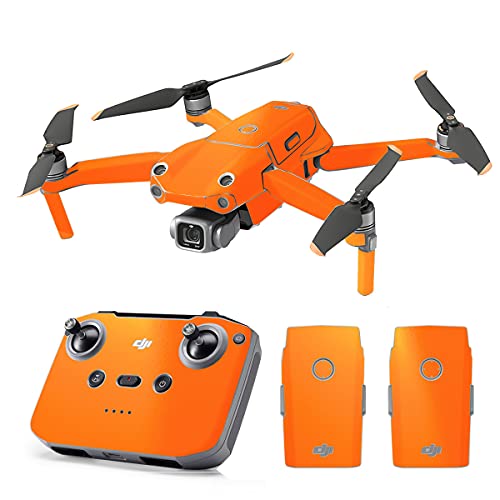By using our website, you accept our use of cookies in accordance with our Cookies Policy.
Precision farming drones have revolutionized the agriculture industry by providing farmers with advanced tools to enhance crop management and increase yields.
.
1. Aerial Imaging: Drones equipped with high-resolution cameras can capture detailed images of farmland, allowing farmers to analyze crop health, detect pests, and identify areas that require attention.
.
2. Precision Application: Drones can precisely apply fertilizers, pesticides, or herbicides to specific areas of the field, reducing waste and increasing efficiency.
.
3. Soil Analysis: By using specialized sensors, drones can collect data on soil moisture levels, nutrient content, and pH levels, enabling farmers to make data-driven decisions for optimal crop growth.
While precision farming drones offer significant advantages, there are challenges to consider. Factors like drone regulations, initial investment costs, and data management need to be addressed for successful implementation on a farm.
As technology continues to advance, precision farming drones are expected to play an even more crucial role in sustainable agriculture practices. Integrating artificial intelligence and machine learning algorithms will further optimize crop monitoring and decision-making processes.





















































































































